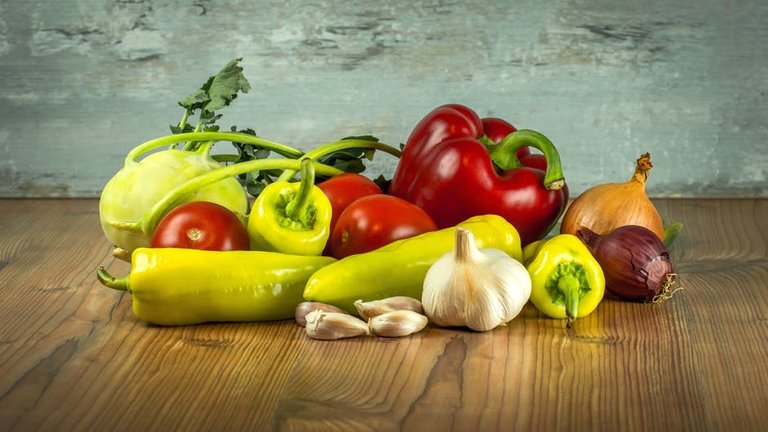
Today's media circus of diet books and wellness gurus spew health food facts by the hundreds every day. However, not all of this so-called wisdom is based in truth, or in science. It seems like every day there is a new report about a so-called miracle food, and it can be difficult to know how to navigate the supermarket aisles in order to achieve optimum health. There are a lot of myths about health food, and to be a smart consumer you need to learn how to separate nutritional fact from fiction. By learning these basic, scientifically proven health food facts, you can get on the right track in terms of telling what is real and what is not when it comes to eating right for your body and mind.
Losing Weight With Health Food
If you're interested in learning health food facts, you're likely to be someone who is interested in achieving a slimmer, trimmer, healthier figure by changing your diet. The media is awash with reports of diets that will do everything from preventing cancer to helping you sleep better at night. Keeping up with all of these trends feels overwhelming, and for a good reason. Instead of changing your attitude about what foods are healthy from one day to the next, play it safe and stick with the tried and true health food facts: eat more produce, choose whole grains, look for protein sources that are low in fat, and be a smart shopper when it comes to prepared foods.
Produce
The fact that fruits and vegetables are good for you is one of the most basic health food facts, but many popular diets dismiss them as unimportant. However, scientists and many nutritional experts agree that the very best thing that you can do for your health is extremely simple: eat a wide and varied range of ripe, in-season fruits and vegetables. Making produce the core of your diet will almost certainly prove to be far more effective than slurping up the latest drink made from blue-green algae, or eating all of your meals based on underdeveloped nutritional research. No matter what your body type or metabolism is like, vegetables and fruit are the most effective way to provide your system with the vitamins and nutrients that it needs in order to run at optimal efficiency.
Whole Grains
When you eat whole grains, you're taking on complex carbohydrates that are difficult for your body to digest. This is great news, because it means that your system will have to do more work to break down these foods, a process which burns energy and decreases the chance that your dinner will go straight to your thighs. Eating whole grains is one of the easiest health food facts for you to apply to your daily lifestyle. Simply choose brown rice over white, whole wheat bread over white loaves, and opt for a whole grain cereal instead of a bowl of cornflakes in the morning, and you'll be well on your way to better health.
Lean Protein
Protein is the building block of muscle, and one of the most important health food facts to know is that your body needs protein, so don't skimp on this part of your nutritional regimen. A lot of dieters avoid protein heavy foods because protein often goes hand in hand with calories and fat. However, there are lots of sources of lean protein that will help you build muscles without adding inches to your waistline. To get maximum protein with minimum fat, opt for tofu or beans instead of nuts, meat or cheese.
Prepared Foods
When you're choosing healthy prepared foods, make your decision based on the back of the package instead of the front. More specifically, look at the nutritional breakdown and the ingredients list instead of at the healthy-sounding name, or the eye-catching phrases sprayed across the front of the package. Many prepared foods claim to be healthy, but are actually heavy in saturated fats, refined sugars, and other hidden unhealthy ingredients. There are many different labels that companies may use in order to make their products sound healthier, such as all natural, organic, light, and lowfat. However, not all of these terms actually mean that a foodstuff is good for you. If you are trying to tell whether a food is good for you or not, there is only one way to tell for certain. The best thing that you can do to determine whether a food is a smart dietary choice is by looking at the FDA approved nutrition facts on the packaging. Looking at the actual vitamin and caloric contents will tell you the health food facts you need to know before you buy.
This is great content. Thanks for the info!